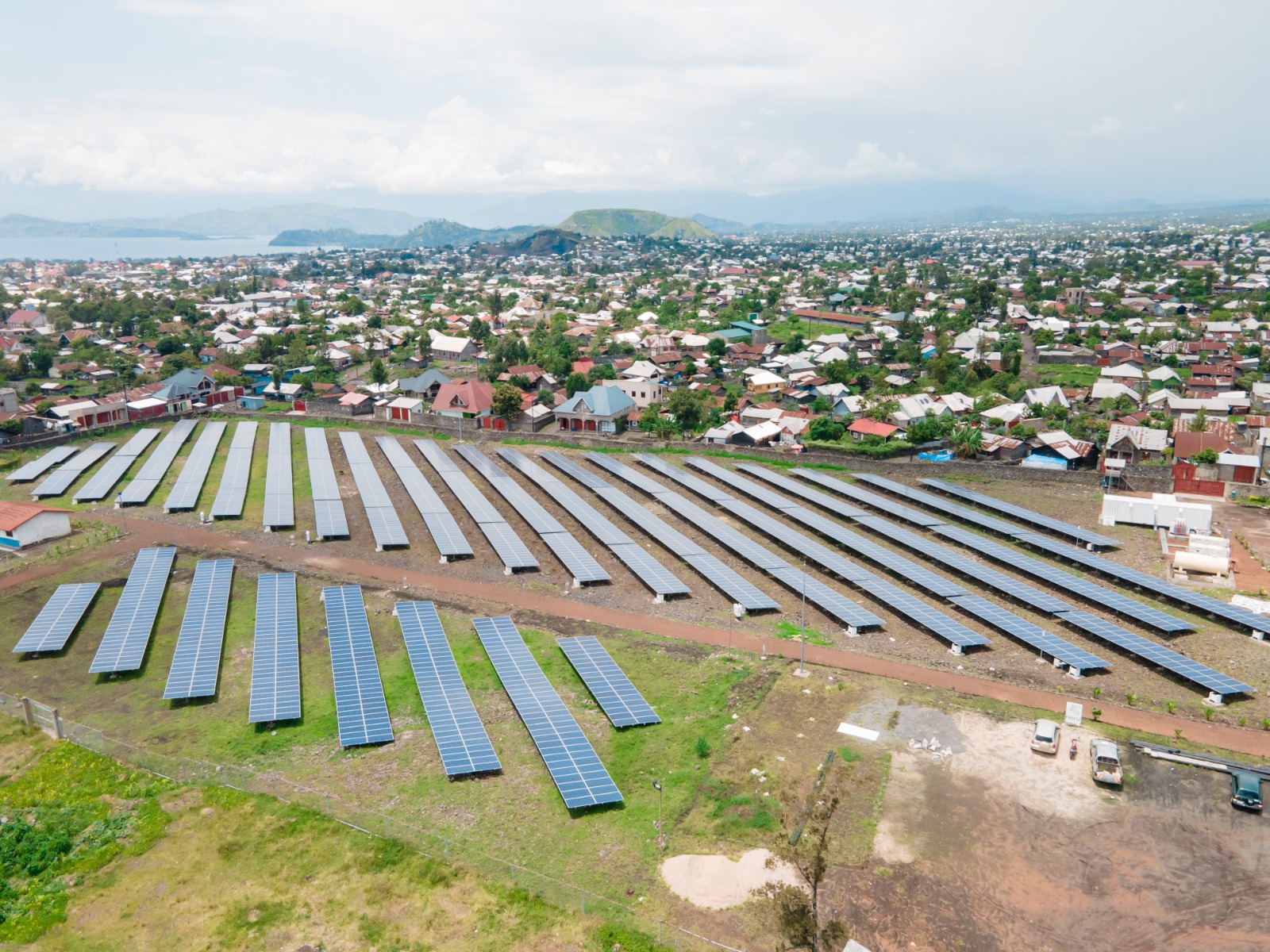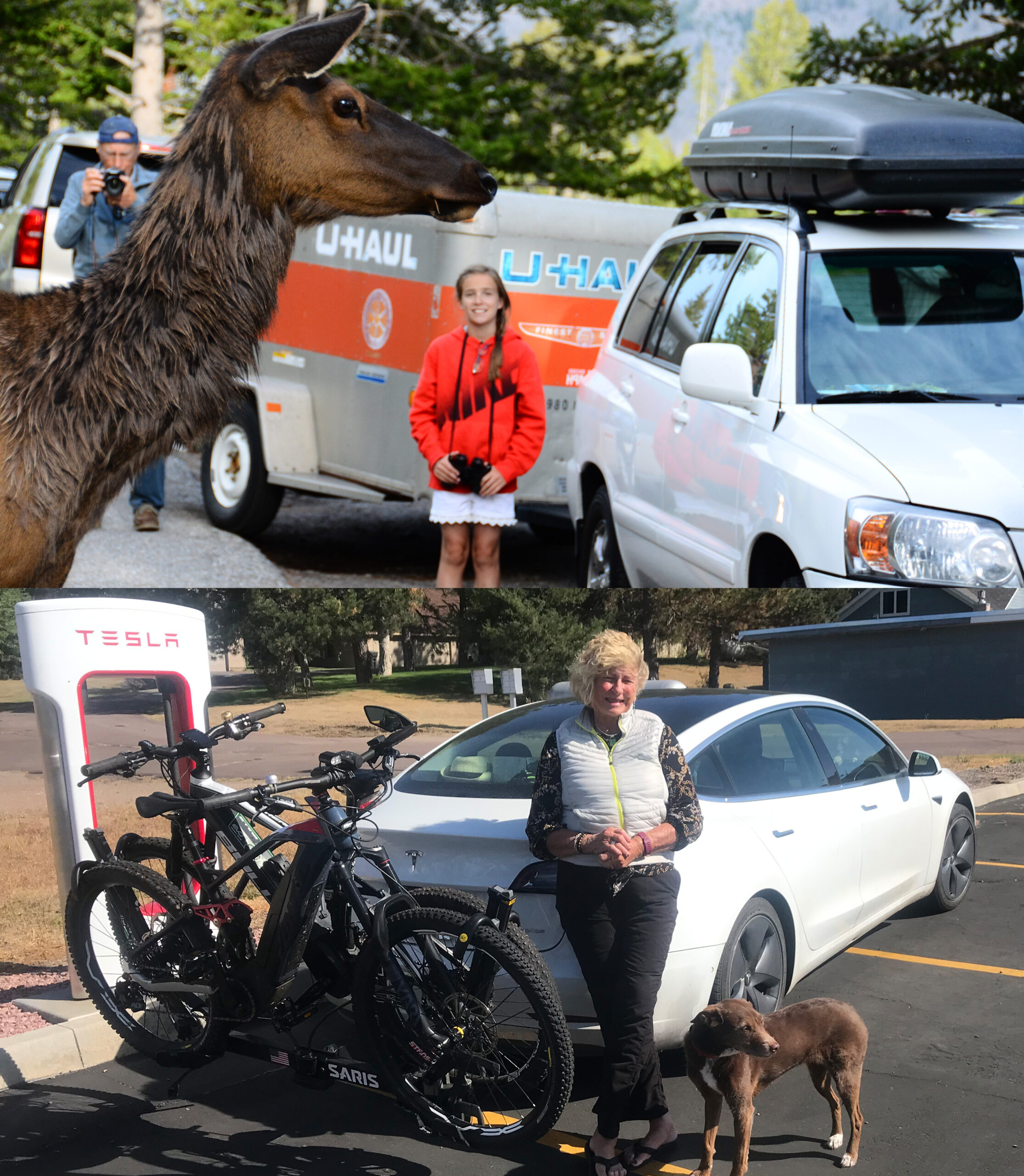
Nuru, which is Swahili for “light,” is a company focused on enhancing energy access in the Democratic Republic of Congo. Nuru deployed Congo’s first solar-based mini-grid in 2017, and Nuru says it has a 1.3MW solar hybrid site in Goma, the largest off-grid mini-grid in sub-Saharan Africa; another solar hybrid site in Beni; and two in the oriental province (Tadu & Faradje). Nuru has a target of providing 5 million clients with world-class connectivity by September 24, 2024. It has now announced the successful close of over $40 million in Series B equity funding and anticipates the close of an additional $28 million in project finance by the end of the month. The funds will enable Nuru to commence construction on 13.7 MWp of projects, which will significantly expand its existing operating assets in eastern Democratic Republic of the Congo (DRC) and help bridge the enormous energy gap in the country.
The $40 million in funds come from market-leading equity investors, including the International Finance Corporation (IFC), the Global Energy Alliance for People and Planet (GEAPP), the Renewable Energy Performance Platform (REPP), Proparco, E3 Capital, Voltalia, the Schmidt Family Foundation, GAIA Impact Fund, and the Joseph Family Foundation. Additionally, IFC’s equity investment includes financing from the Finland-IFC Blended Finance for Climate Program.
Less than 20% of the DRC’s population has access to energy, and with rising energy demand projected for the future, Nuru says its innovative approach to renewable energy access will help unlock the immense market potential across the country. The company’s utility-scale solar metrogrids, integrated with cutting-edge technology and services, are designed to provide 24/7 reliable and renewable energy to DRC’s urban communities, fostering climate resilience and sustainable development.
Following the Series B close, Nuru will begin work immediately on three transformational projects in Goma, Kindu, and Bunia, which will have a combined capacity of 13.7 MWp. The Bunia site will become the largest off-grid solar hybrid metrogrid in sub-Saharan Africa. Nuru’s Series A was led by E3 Capital (formerly Energy Access Ventures) in 2018, together with EDFI ElectriFI, the EU-funded Electrification Financing Initiative managed by EDFI Management Company. Their investment was catalytic in building Nuru’s current operating metrogrid portfolio in the cities of Goma, Beni, Tadu, and Faradje.
More than 600 million people in Africa still do not have access to electricity. People in rural areas are most affected. According to the World Bank, Zambia, Malawi, and, in particular, Burundi have some of the world’s lowest rural electrification rates (15%, 6%, and 2%, respectively). At 20% energy access, the DRC is also one of the countries with low energy access on the continent. Distributed energy generation projects such as these metrogrids that are being developed by Nuru and partners will play a significant role in increasing energy access in DRC.
Jonathan Shaw, co-founder and CEO of Nuru, said: “We are thrilled to partner with such a dynamic group of investors who are keen to drive our vision of expanding energy access and transforming 5 million lives in the DRC. Closing the Series B is a significant milestone in Nuru’s journey, but also demonstrates the viability of the metrogrid model in the distributed energy sector in Africa. Nuru extends its heartfelt appreciation to the consortium of investors for their visionary support and unwavering commitment to Nuru’s vision. Together, we will continue to illuminate lives, drive economic growth, and empower communities across the DRC.”
I don’t like paywalls. You don’t like paywalls. Who likes paywalls? Here at CleanTechnica, we implemented a limited paywall for a while, but it always felt wrong — and it was always tough to decide what we should put behind there. In theory, your most exclusive and best content goes behind a paywall. But then fewer people read it! We just don’t like paywalls, and so we’ve decided to ditch ours. Unfortunately, the media business is still a tough, cut-throat business with tiny margins. It’s a never-ending Olympic challenge to stay above water or even perhaps — gasp — grow. So …





